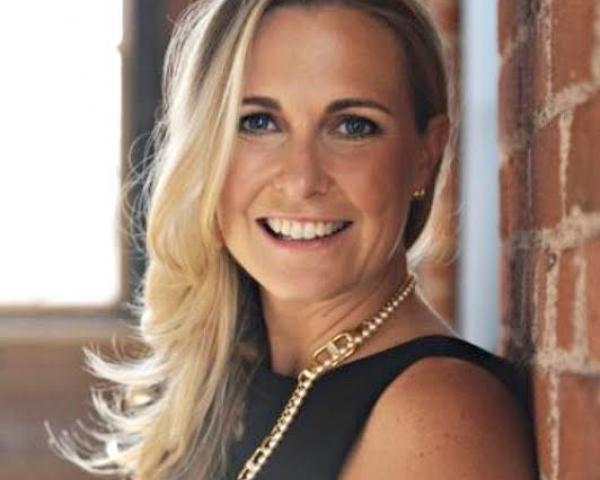Social media can be a great tool for insurance agents. It can help connect them with current and potential customers, grow their network of industry colleagues and share and be aware of timely information that affects their business. However, being active on social media as a professional is easier said than done, for both new and experienced users alike.
Our team has outlined some key do’s and don’ts that agents should keep in mind:
DON’T disclose anything proprietary. It’s imperative that agents understand what is confidential when referring to their clients. You also don’t want to give away any trade secrets, your business growth strategy or the names of your partners that would give competitors a leg up.
DO use case studies on social media. They can be a great way to illustrate a point or show how you were able to bring a creative solution to a client problem. Just make sure the case study is generic, broad and doesn’t mention any participants specifically.
See also: Important Perspective for Insurance Agents
DON’T use inappropriate language. Curse words are a given to steer clear of, but the importance of the language you use extends far beyond that. Make sure the language you use is concise and clear and, what’s more, that what you say is tailored to your audience. Using too much industry jargon and posting about things that your audience can’t relate to will alienate readers. Lastly, don’t be self-promotional or sales-y – for example, capitalizing on selling your flood insurance program after a natural disaster.
DO present yourself as a thought leader. Providing industry expertise by sharing timely articles on industry news and trends and commenting in a smart way on others’ posts when you can will set you apart on social media. Be timely and provide quality content – not just fluff. Give your audience something that is useful to them and, when appropriate, invite them to respond to what you post with a call to action, such as signing up for a webinar you’re hosting or joining you at a local networking event.
DO interact with your network. It can be intimidating at first to put yourself out there and interact with your network, but doing so is an important part of maximizing the potential of social media. Liking, commenting and sharing posts that you see in your newsfeed or that are posted by colleagues are the easiest ways to interact with your network. In turn, be sure to respond to those who comment on your posts.
DON’T let negative comments or posts linger. Arguably even more important than responding to positive interactions on social media is addressing the negative. While your first reaction may be to ignore a negative comment or post, knowing when and how to address them makes the situation much less daunting. First, always respond in a timely manner – but make sure you have your thoughts together and don’t respond brashly. Second, take the conversation offline as soon as possible. This can be as easy as responding with a polite comment and offering a direct number. It’s also important to recognize that each negative comment should be dealt with on a case-by-case basis – there is no one-size-fits-all approach.
DO measure your social media activity. Agents should have metrics in place so they can measure against true success on social – likes and follows don’t always mean success! One key way to do this is to be knowledgeable about engagement rates. For example, it’s much more meaningful to know how many people have seen your content and are taking an action on what you share (i.e. liking, commenting, sharing) – or, better yet, navigating to your website! – than if you’ve added one or two followers.
DO stay authentic. Independent insurance agents are based on community – the more you can be active on social media, the more you’ll raise engagement with your brand as a professional and with your business. That being said, show personality. People want an agent who is a human, not a social media robot.
See also: Find Your Voice as an Insurance Agent
DON’T get intimidated. Social media is somewhat intimidating to independent insurance agents, in general, especially the ones who aren’t as familiar with social media and who are older. Regardless of age, don’t hesitate to get started. This is vitally important because, to be successful in today’s world, you have to meet your customers where they are. Ramping up your activity level on social media can be slow – break things down into manageable tasks. For example, start by spending 20 minutes per week on the platform connecting with people or sharing an article, or liking or commenting on three posts.
This article is provided for general informational purposes only and is not intended to provide individualized business, insurance or legal advice. It is not intended to be a substitute or replacement of any workplace policy on the subject matter.

